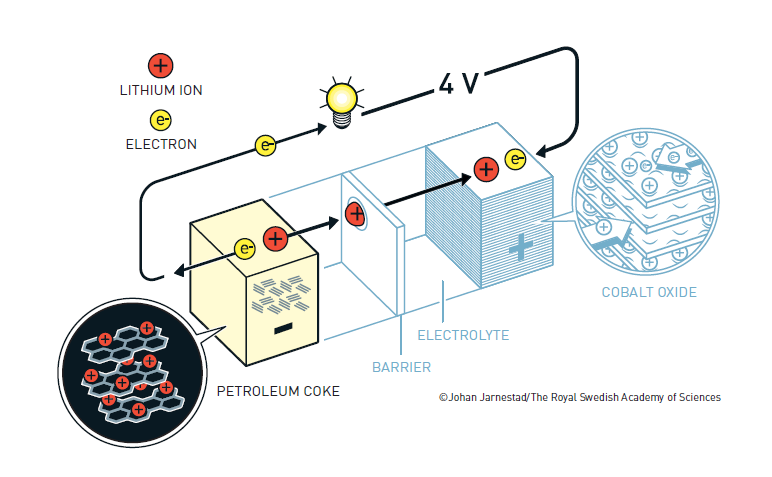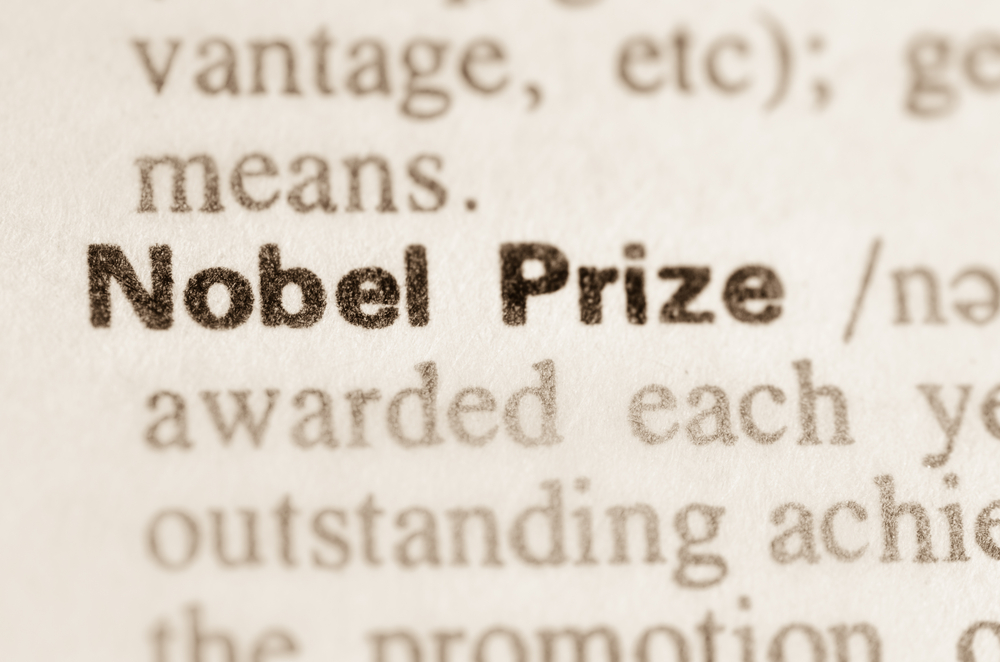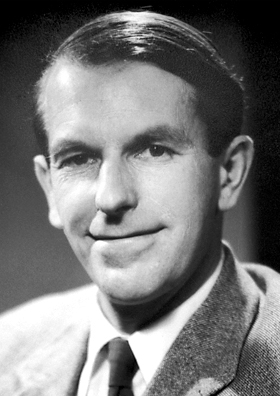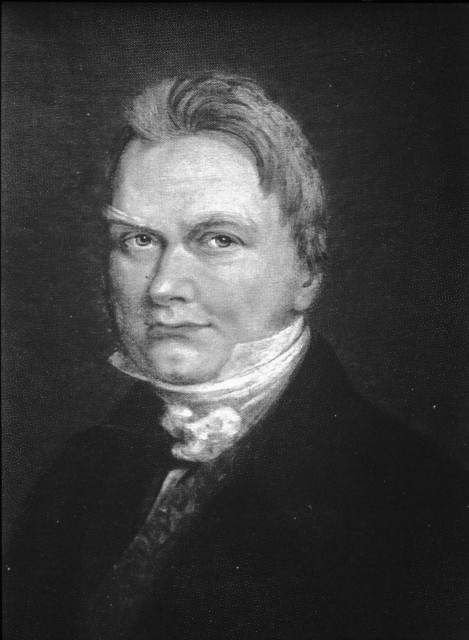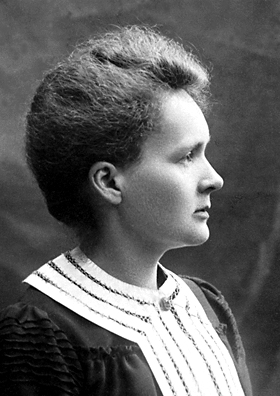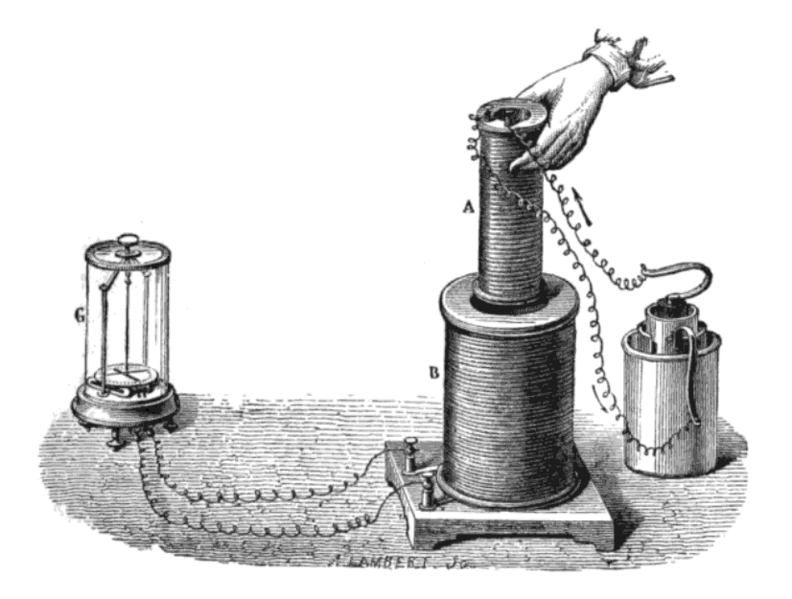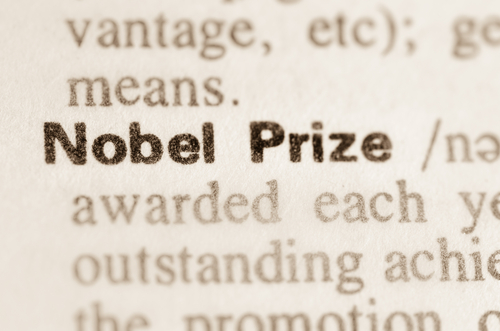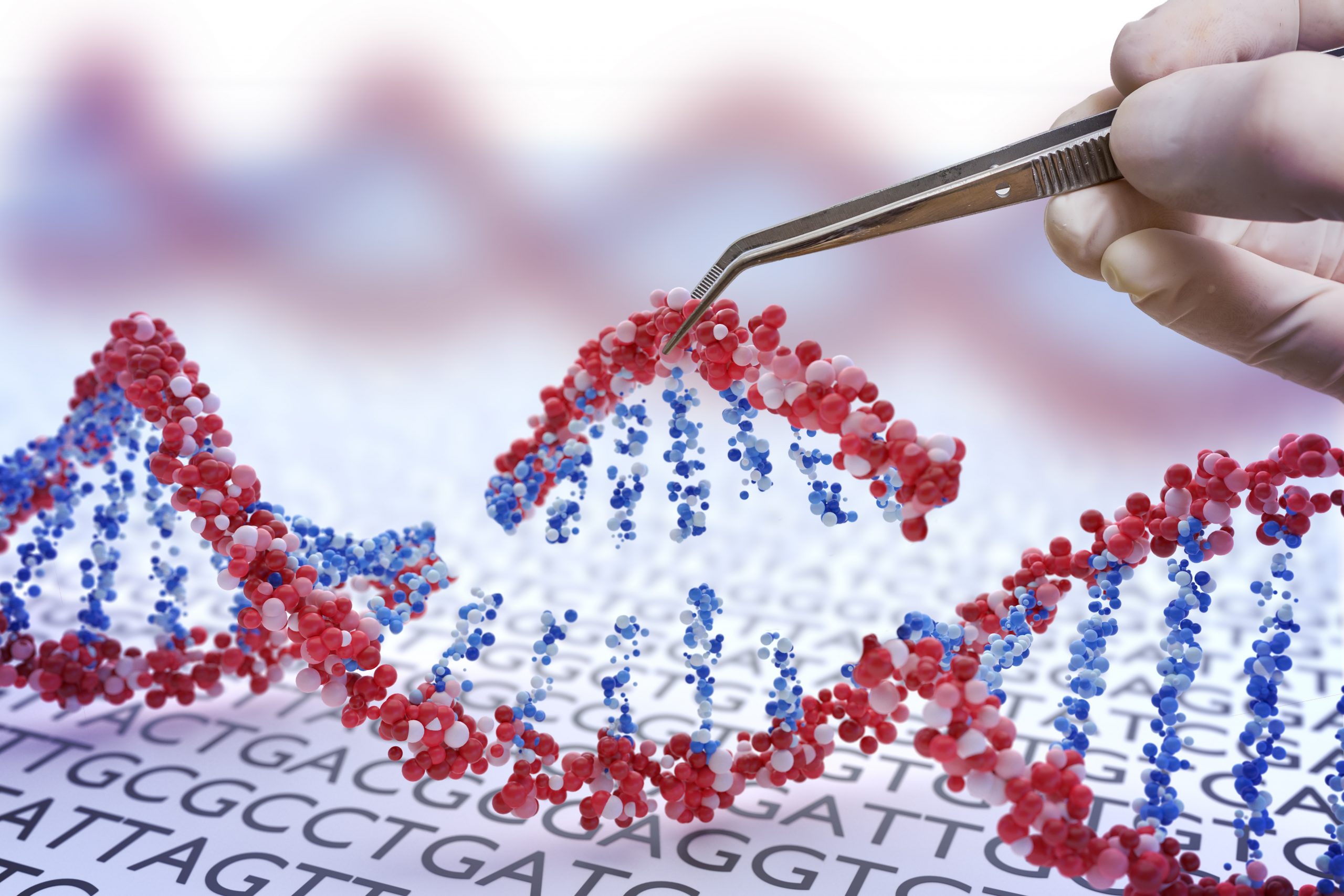
Nobel Prize for Chemistry 2020: The Genetic Scissors
The 2020 Nobel Prize for Chemistry has, for the first time, been shared by two female scientists, Emmanuelle Charpentier from France and the American, Jennifer A. Doudna. They led separate teams to discoveries which resulted in the exciting new tool that cuts and pastes DNA and goes by the cryptic… Read More
